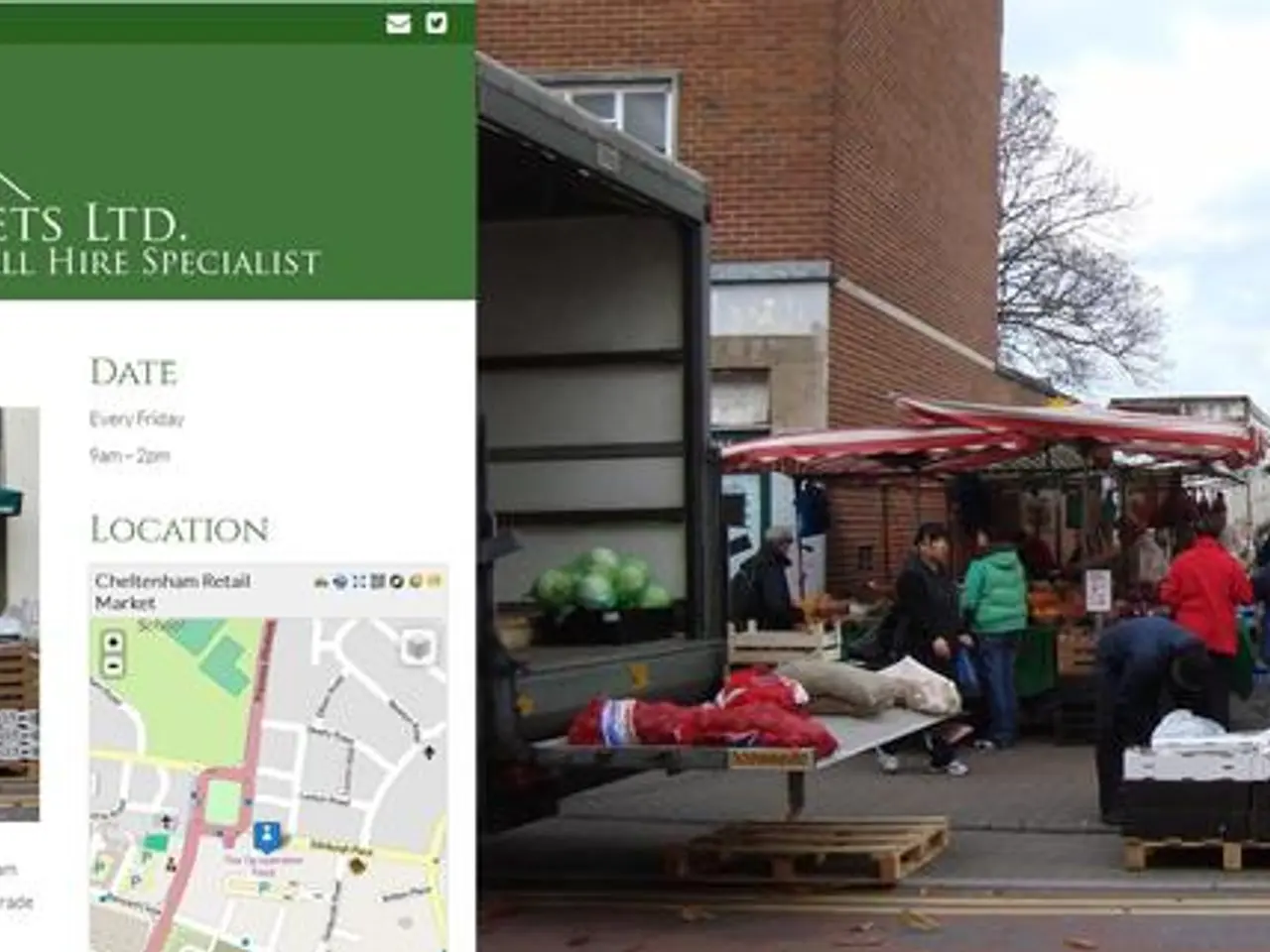Skyrocketing Irish House Prices Persist, With Pharmaceutical Companies Exploring Customized Tax Structures
In a move aimed at promoting competition in the vehicle repair market, the Competition and Consumer Protection Commission (CCPC) has taken action against the motor industry for potential restrictions on the use of independent garages for vehicle repairs. According to a report made by Barry O'Halloran and obtained by him, the CCPC has sent a letter to the motor industry, expressing concern over these practices and intending to crack down on attempts to stop drivers from using independent garages for repairs.
Meanwhile, in the Irish housing market, house prices have shown a steady increase. MyHome.ie, a subsidiary of our website, reported that Dublin house prices have risen above 5% in the second quarter, marking an annual increase. Nationally, house prices have risen more than 7%, according to the same report. It's important to note that these figures refer to asking prices, not actual sale prices. The report was made despite negative sentiment about Donald Trump's tariffs, suggesting that the Irish housing market remains robust, at least for now.
The current impact of Trump's tariffs on the Irish economy appears to be minimal, particularly in the housing sector. Despite concerns that the tariffs could slow down house price increases due to Ireland's reliance on high-income earners in multinational sectors, there is no significant evidence of this effect. The diverse trade sectors in Ireland, including the key sectors of trade in services and pharmaceuticals, which are not currently targeted by the tariffs, seem to be providing some insulation from the worst effects of the tariffs.
However, uncertainty remains, as Irish businesses are still unclear about the specific tariffs that might be imposed and potential reciprocal tariffs from the EU. The ongoing negotiations and the extension of the tariff deadline to August 1st provide a temporary reprieve but do not eliminate the long-term risks associated with trade tensions.
In conclusion, the CCPC's actions against the motor industry and the continued rise in house prices indicate a focus on competition and consumer rights, as well as a resilient housing market in Ireland. The long-term effects of Trump's tariffs on the Irish economy, however, still remain uncertain.
[1] Source: MyHome.ie [3] Source: Irish Times [4] Source: Irish Examiner [5] Source: RTE News
In the world of finance, concerns over the potential impact of Trump's tariffs on various business sectors continue to linger, particularly in industries such as trade in services and pharmaceuticals. Meanwhile, the Irish finance sector, specifically the housing market, appears to be demonstrating resilience, with house prices showing a steady increase, despite the tariff uncertainties. The actions by the Competition and Consumer Protection Commission (CCPC) to promote competition within the vehicle repair industry also underscore an ongoing focus on business practices that support consumer rights and fair competition.




